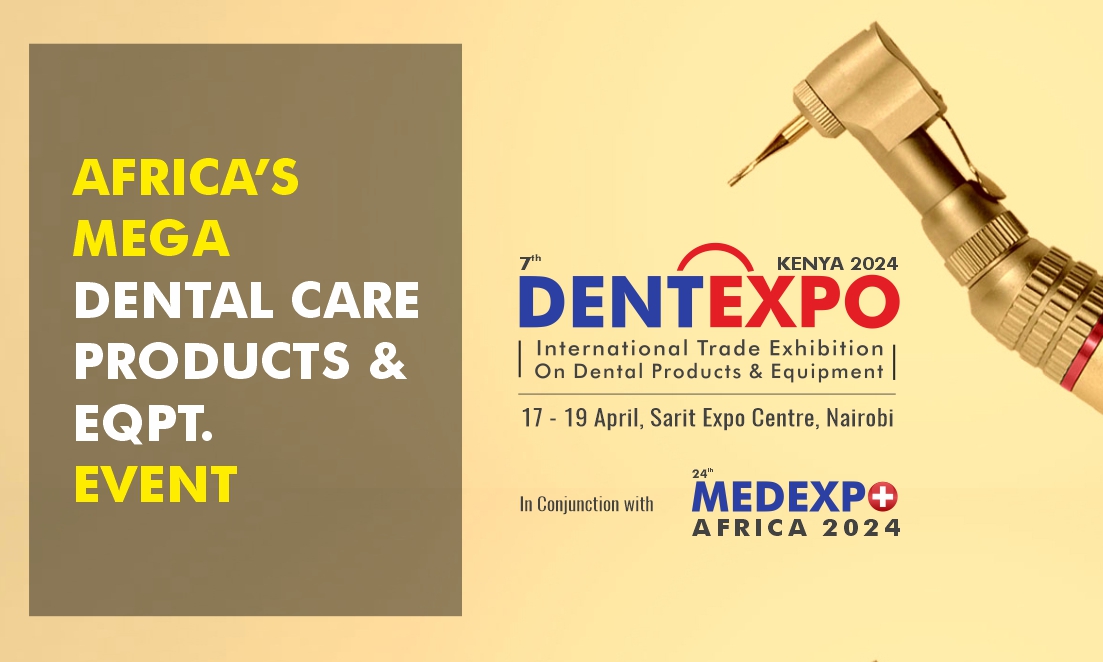

Phone-based HIV support system repurposed for COVID monitoring in Uganda
Posted on :Thursday , 30th July 2020
A cost-effective phone based system developed by a Cambridge researcher and her Ugandan colleagues to support HIV patients has been rapidly adapted by the team to help the Ugandan Ministry of Health monitor those in quarantine during the coronavirus pandemic.
People entering Uganda have been required to quarantine for 14 days as part of the country's lockdown measures, during which time they are monitored by the Ugandan Ministry of Health for development of COVID-19 symptoms.
Cambridge researcher Dr. Rosalind Parkes-Ratanshi and her team have been helping the Ministry monitor and support quarantined individuals using a voice and SMS messaging system, Call for Life Uganda (C4LU). The tool was rapidly adapted for COVID-19 by Parkes-Ratanshi, who is based jointly at Cambridge's Institute of Public Health and leads the Academy for Health Innovation at Infectious Diseases Institute, Makerere University, Uganda.
The C4LU system regularly phones quarantined individuals to request report any symptoms. The automated system then generates symptom reports and anything of potential concern is flagged to healthcare professionals for triaging. This eases the burden on healthcare workers of widespread check-ups in person or by phone.
Parkes-Ratanshi and colleagues at the Infectious Diseases Institute have been using the tool for the past four years to monitor HIV patients, in collaboration with Janssen: Pharmaceutical companies of Johnson & Johnson. When the coronavirus pandemic reached Uganda, the team rapidly repurposed the system they had developed, re-scripting for COVID and recording the messages.
Currently, the team are monitoring around 250 people using C4LU, with a total of 599 having participated so far. Only a very small number of people have then needed to be tested for COVID, which shows the benefits of having a tool that can take pressure off the health system by reducing unnecessary visits. Although Uganda has been fortunate in not suffering the scale of cases seen in some countries, Parkes-Ratanshi is mindful that there could be a future surge in infection. We could see a time when regular monitoring on a wider scale would be beneficial. A system like this could reduce the number of individual calls coming in to the Ministry of Health.
So far, the team has focused on implementation the system up and running, and triaging for possible COVID-19 cases that require confirmatory tests. They are now adding a research component, so that they can learn more about the impact of the technology, with funding from Cambridge University's Global Challenges Research Fund QR.
The team has been asked by the Ugandan Ministry of Health to add a layer of mental health support to the tool, adds Parkes-Ratanshi. Once you've gone through your symptom reporting, you might then be asked a couple of screening questions about anxiety or mental health issues. Depending on the answer, we could then offer mental health support for those people who may not need active care or active testing, but have got anxiety or mental health issues related to COVID. We think that this will also be exceedingly important to help in a situation where the health care system is very stretched.
Crucially, the technology is appropriate to the context, says Parkes-Ratanshi: Around 75% of people have phones in Uganda, so phone-based technology seems to be a very good way of doing this kind of public health monitoring. Our technology is developed to work on low-cost mobile and analogue phones.
C4LU itself is based on an open source digital system developed originally for tuberculosis patients by Janssen. Time and resources are limited in sub-Saharan Africa. We don't really want to be experimenting with new stuff in a pandemic, which is why we're glad to apply our experience using this tool for HIV to COVID-19.
Please Select an Option

Expogroup
Expogroup is a full service exhibition organiser with over 28 years experience in International trade exhibitions. Our current portfolio includes 28 annual exhibitions from a diverse range of industries being held across the Middle East & Africa.
EXPOGROUP © 1996 - 2025 | Privacy policy

